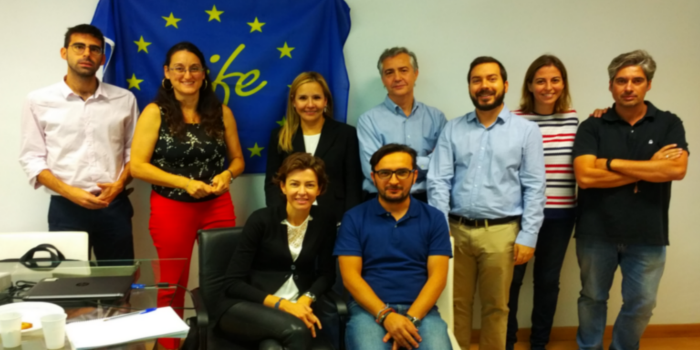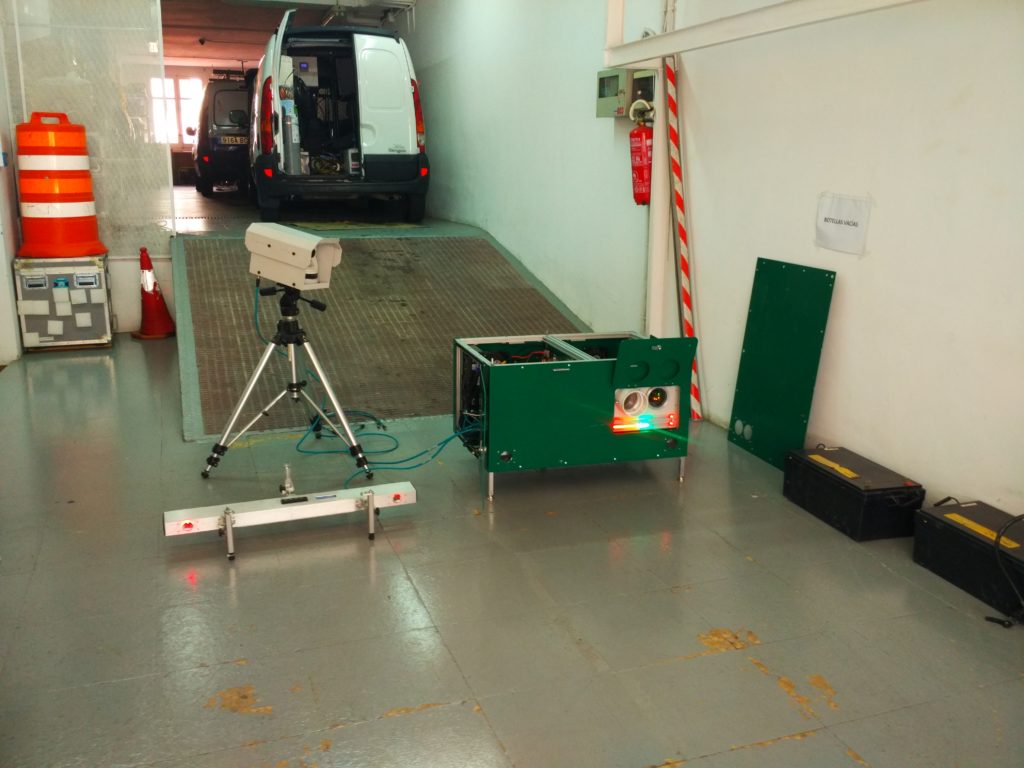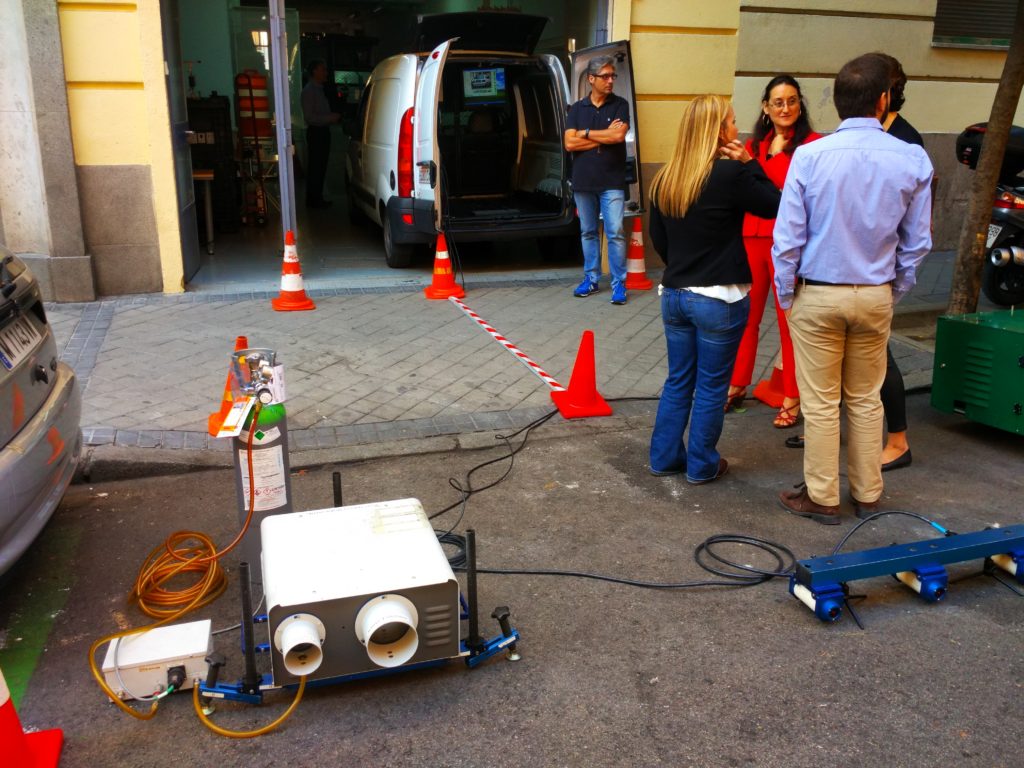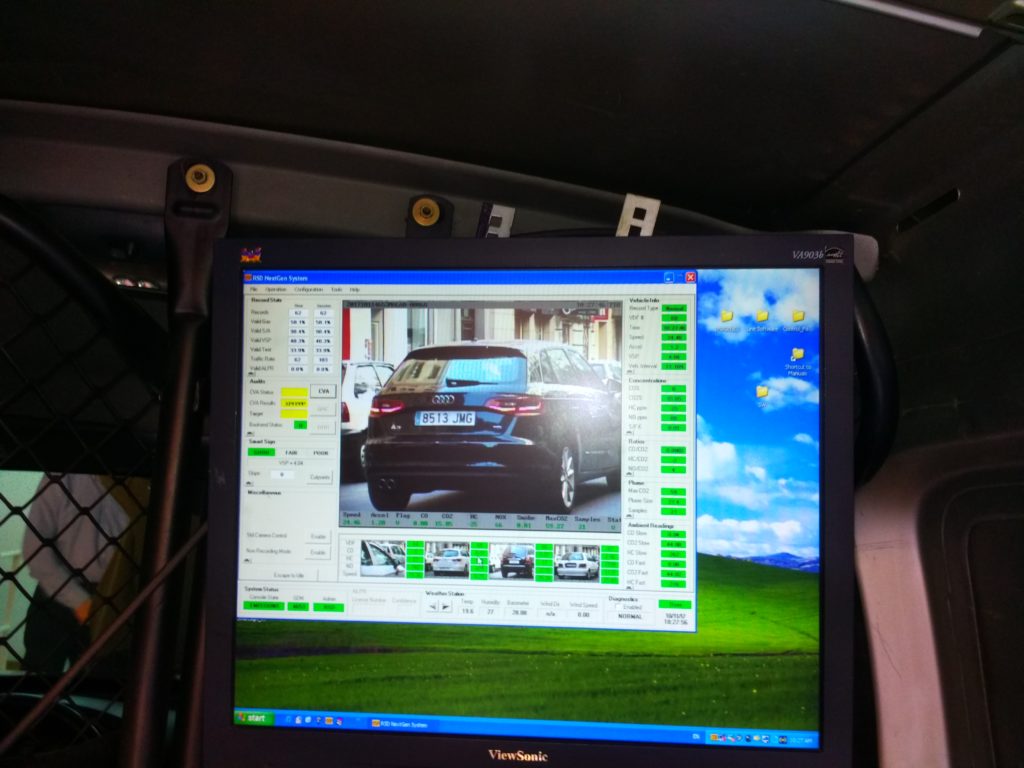Today, the kick-off meeting of the LIFE GySTRA project took place in Madrid, under the presence of the whole consortium, composed of CARTIF, OPUS RSE, CIEMAT, DGT and the Sofia City Council.
This project purposes the implementation of a new and solid sustainable mobility policy based on empirical information related to traffic emissions with two objectives. On the one hand, controlling and quantifying real driving traffic emission. And on the other hand, creating a global emissions management system for two types of users; a public model, directed to public entities with legislative power to reduce up to 20% of traffic emissions through the identification of high emitters, notification and repair, to avoid penalty payments; and a fleet model, directed to private or controlled fleets, to reduce up to 20% of vehicles emissions and 3-5% of fuel consumption.
In addition, the projects includes the development of a new tool based on the remote sensing technology, the RSD+. It will measure real driving emissions at fixed locations according to EU standards in a non-intrusive manner with high accuracy and on a large scale the most worrisome emissions for the EU population: in addition to NO, HC, CO and PM it will also measure NO2: Real Driving Emissions-RDE.
The project team had the opportunity to see the emission determination tests that OPUS RSE is currently carrying out with a commercial RSD equipment, technology that will be the starting point for the development of a first RSD+ prototype that will be built within the framework of this LIFE project.

Project team 
Preliminary assembly of the RSD+ prototype

Field tests with a commercial RSD equipment 



